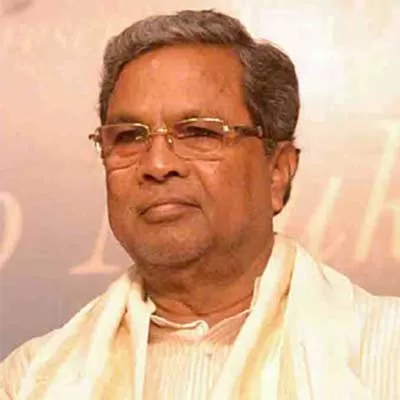
Karnataka CM reviews PM KUSUM-C implementation

26th Cable TV Show 2025 Opens in Kolkata
The 26th CABLE TV SHOW 2025, recognised as one of India’s largest trade exhibitions for digital cable television, broadband and OTT services in the SAARC region, was recently inaugurated at Biswa Bangla Mela Prangan, Milan Mela, Kolkata. The show was formally opened by the Chief Guest, Subhas Agarwala, National Executive Chairman, Confederation of All India Traders (CAIT). Open to visitors through on-site registration, the three-day event runs until 19 December 2025 and is expected to attract over 100,000 footfalls. Organised by the Kolkata-based Cable TV Equipments Traders & Manufacturers ..

Hindustan Zinc Strengthens Global Standing with Key Certifications
Hindustan Zinc, the world’s largest and India’s only integrated producer of zinc, lead and silver, has reinforced its global credibility by securing a comprehensive range of international and national certifications. These include REACH compliance for the European Union, certification from the Bureau of Indian Standards (BIS), and the globally recognised London Bullion Market Association (LBMA) Good Delivery accreditation for silver, along with several other internationally benchmarked standards. Collectively, these recognitions underscore the company’s focus on delivering high-purity, s..

Vedanta Aluminium Uses 1.57 bn Units of Green Energy in FY25
Vedanta Aluminium, India’s largest aluminium producer, recently reported consumption of 1.57 billion units of renewable energy in FY25, marking a significant milestone in its 2030 decarbonisation roadmap. The company also achieved an 8.96 per cent reduction in greenhouse gas (GHG) emissions intensity compared to FY21, reinforcing its leadership in India’s low-carbon manufacturing transition. During FY25, Vedanta Aluminium expanded its renewable energy portfolio through long-term power purchase agreements, strengthening its strategy to source nearly 1,500 MW of renewable power over the lon..
















